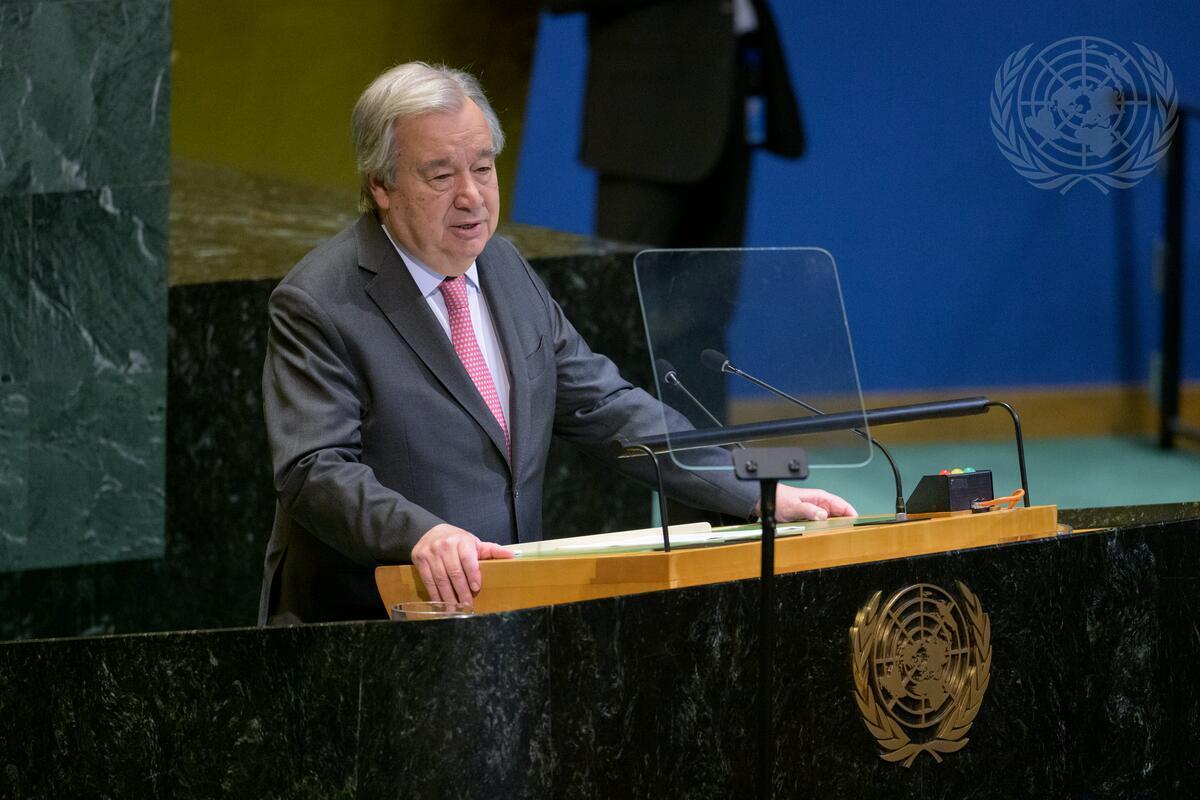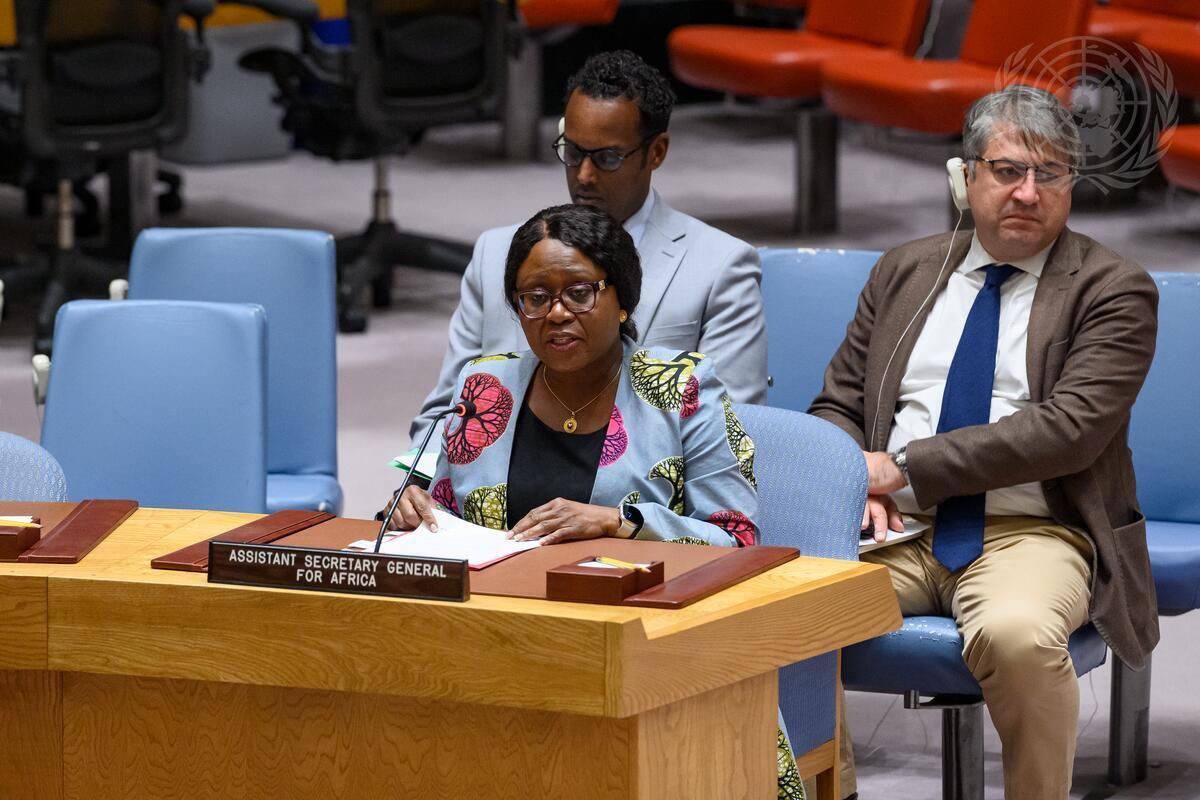What is the PCC?
The Permanent Ceasefire Committee for Darfur (PCC) was established in September 2021 as per the stipulations of the Juba Peace Agreement and national Decrees 243, 244 and 245 which designated UNITAMS as the Chair of the PCC and related five sectoral committees at the request of the Sudanese signatories to the Juba Peace Agreement. These decrees also named the representatives of the Government and the signatory armed movements in the PCC structure. It covers the five states of Darfur. The PCC operates by consensus between the three main constituents, the Government, the Darfur track armed signatories and UNITAMS, and reports to the Joint High Military Committee for Security Arrangements.
Who are the members of the Permanent Ceasefire Committee?
As per the Juba Peace Agreement and relevant decrees, the PCC is chaired by UNITAMS. It is composed of five representatives of the Government of Sudan, and one representative from each of the five armed movements that signed the Juba Peace Agreement's Darfur Track, in addition to a representative from South Sudan and a representative from Chad. This composition is also reflected in the PCC substructures including the Sectoral Committees and the Field Teams.
What is the mandate of the Permanent Ceasefire Committee?
According to Chapter 8 of the Darfur Track, the Juba Peace Agreement, the PCC's functions include, among others: monitor the permanent ceasefire; receive and verify unsettled violations and complaints; designate assembly areas for the forces of the Darfur track armed signatory movements; coordinate and monitor permissible military movements; monitor demining activities and defuse unexploded military ordnance and facilitate humanitarian access. As a conflict resolution mechanism, the PCC works to de-escalate potential crisis situations between signatories before they spill into violence.
How is the Permanent Ceasefire Committee structured?
The PCC has Sectoral Committees in each of the five Darfur States as well as Field Teams. The Sectoral Committees monitor and examine claims of violations and resolve disputes in the Darfur states they cover. Field Teams undertake oversight and inspection functions and report violations to the Sectoral Committees and contribute to investigations of ceasefire violations complaints. The PCC headquarters include a multidisciplinary secretariat that supports the PCC with various activities including liaison, outreach to local communities and actors as well as logistics and administration.
What is the role of the PCC in the protection of civilians?
As per the National Plan for Civilians' Protection and the Juba Peace Agreement, the Government of Sudan and the Joint Security Keeping Forces have the primary responsibility for ensuring the protection of civilians. The PCC monitors, verifies, and resolves incidents involving the Juba Peace Agreement's signatories. Its role doesn't include the physical protection of civilians, unlike UNAMID, the previous mission in Darfur which had peacekeeping troops and a mandate to directly protect civilians. The PCC contributes to the protection of civilians through its preventive activities including preventive monitoring, outreach, and continuous conflict resolution and mediation amongst the signatories.
How does the PCC contribute to bringing peace to Darfur?
The Permanent Ceasefire Committee remains the only entity on the ground in Darfur where signatories to the Juba Peace Agreement are represented and willing to work jointly, with UNITAMS's support, on the implementation of the permanent ceasefire agreement and in response to other emerging security issues.
How is the PCC's work influenced by other aspects of the Juba Peace Agreement?
The operationalization of the PCC alone can't lead to sustained peace in Darfur. It is critical that the other security arrangements provided for in the Juba Peace Agreement are implemented, such as the establishment of the Joint Security Keeping Force, the Integration Technical Committee, the Darfur Regional Disarmament, Demobilization and Reintegration (DDR) Commission, the Joint Humanitarian Committee for Darfur, the Darfur Commission for Security Arrangements, and the Joint Military Media Committee. It is also important to implement the provisions of the Juba Peace Agreement that relate to the root causes of conflict including land ownership, transitional justice and the voluntary return of refugees and internally displaced persons.






